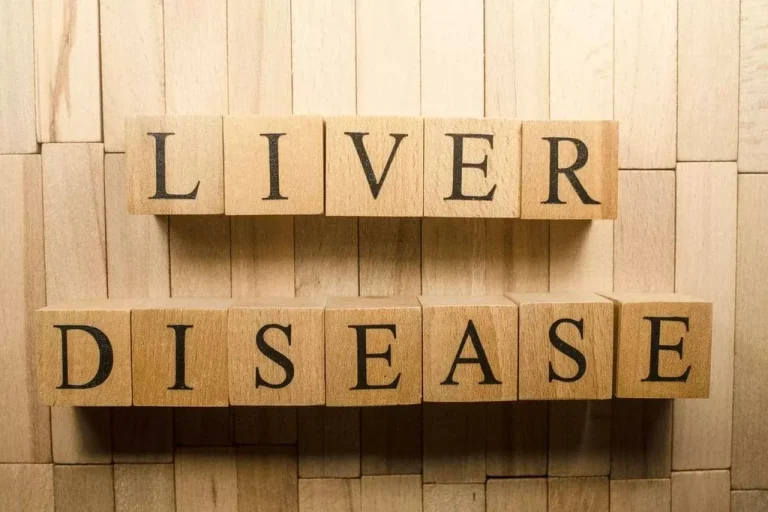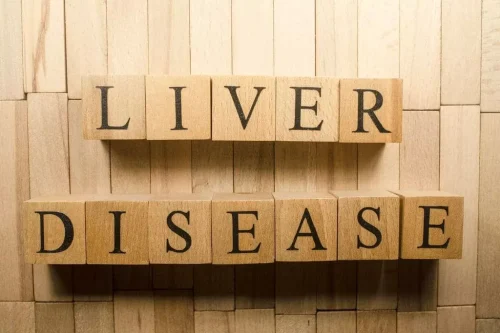Currently Empty: 0.00zł
Alcohol-induced upper airway symptoms: prevalence and co-morbidity

The commonly used treatment options for allergic rhinitis are avoiding the cause of the allergy, antihistamine nasal sprays, antihistamine tablets and steroid nasal sprays. Alcohol has been used as a treatment for asthma since antiquity. The earliest indication of alcohol as a treatment for asthma appears on Egyptian papyri ca. The term asthma likely encompassed any number of chest ailments in ancient Egypt where beer and wine were prescribed for chest tightness with apparent relief of asthma symptoms (Ayres, 1987). In ancient Greece Hippocrates popularized alcohol as treatment for a variety of ailments and suggested that wine reduces sputum production, a problem that plagues asthmatics having exacerbations (Lucia, 1963). Since ancient times, the use of alcohol for the sneezing after drinking alcohol treatment of asthma is anecdotal until the last two centuries where accounts are more detailed.
Alcohol Vapor Characteristics in the Airways

Idiopathic means that there is no certain cause that has been found. Less common symptoms include itchy throat, loss of smell, face pain, headache and itchy and watery, red eyes. Your doctor can work with you to help determine if your symptoms are caused by an allergy or an intolerance to wine.
- These tests help to look for the exact cause of your symptoms.
- Examples include cetirizine, loratadine, fexofenadine, rupatadine, acrivastine, and bilastine.
- Acetaldehyde is produced by the metabolism of ethanol through the action of alcohol dehydrogenases.
- Indeed, inhaled ethanol attenuated methacholine-induced bronchospasm in these asthmatics (Myou et al., 1996).
- Vasomotor rhinitis accounts for anywhere from 15% to half of these cases.
Sulfites intolerance
They ease most of the symptoms but may not be so good at relieving a blocked nose (nasal congestion). Equally, if you have allergic rhinitis, you are more likely to develop eczema or asthma. The conditions asthma, eczema and allergic rhinitis are known together as atopic conditions, or atopy. Symptoms of allergy in your nose are due to your immune system reacting to the allergen (such as pollen or house dust mite droppings). Cells in the lining of your nose release histamine and other chemicals when they come into contact with the allergen. This causes inflammation in your nose (rhinitis) and the typical symptoms developing.
Am I Allergic to Wine? What to Know About Wine Allergens and Allergies
If you have alcohol intolerance, your digestive system doesn’t process alcohol properly. You might also react to certain alcoholic beverages if you have a histamine or sulfites intolerance. In very rare cases, reactions to alcohol may be a sign of Hodgkin’s lymphoma. Those who notice an increase in their asthma symptoms after drinking alcoholic beverages, especially wine, might be reacting to potassium metabisulfite, a common preservative. Persistent rhinitis typically causes sneezing and a blocked, itchy and runny nose. An allergy is a common cause but there are also non-allergic causes.

The causes of persistent rhinitis can be divided into allergic and non-allergic. An allergic cause for persistent rhinitis is the most common. Some people have mild nasal irritation which comes and goes and causes little trouble. On the other hand, some people become distressed by their regular, daily symptoms. Severe symptoms can affect work, school, home and social life.

A later report noted that asthmatics cleared intravenous alcohol from the bloodstream significantly faster than controls (Sotaniemi et al., 1972) and was confirmed by a subsequent report (Korri and Salaspuro, 1988). While no change in any pulmonary function was noted in the normal subjects at any concentration of IV alcohol, concentration-dependent bronchodilation occurred in all of the asthmatics. While this study was small, it demonstrated the modest bronchodilator properties of IV ethanol. The implication that a pure alcohol infusion acted as a bronchodilator and did not worsen asthma was important since some atopic patients report bronchospasm following ingestion of alcoholic beverages. Indeed, treatment with disodium cromoglycate, a drug that inhibits mast cell granule release and used in the treatment of asthma, prevented bronchospasm to the offending alcoholic beverage. Similar findings were obtained in another study that implicated the sulfur dioxide content in red wine as a likely trigger for bronchospasm in asthmatics rather than the alcohol itself (Dahl et al., 1986).
Can Beer Damage the Throat?
- Research focused on the mechanisms of alcohol-mediated changes in airway functions has identified specific mechanisms that mediate alcohol effects within the lung airways.
- Blood testing can test for total levels of IgE or IgE levels against a specific allergen.
- Careful studies by George and colleagues show that almost all of the exhaled alcohol is derived from the bronchial and not the pulmonary circulation (George et al., 1996).
Further study found that the reaction was due to insect venom allergens present in the wine. One 2014 study assessed if fining agents could be detected in red and white wines following these removal procedures. The assays used couldn’t detect the presence of fining agents in the wines tested. If you’ve had reactions to wine, could you also have reactions to other things?
- As a result, their bodies produce inactive ALDH enzymes that are unable to properly break down the alcohol into acetic vinegar.
- SLIT works by gradually desensitizing the immune system to the allergen, reducing the severity of reactions.
- A healthcare provider can diagnose vasomotor rhinitis with a physical exam of your nose and throat and a review of your medical history.
- Rarely, vasomotor rhinitis causes a foul-smelling crust to form inside your nose.
- You may have heard that some people with food allergies are slowly given increasing amounts of allergen orally in order to promote tolerance.
- Some signs of anaphylaxis include swelling, itching, tightening of the throat and mouth, a weak or rapid pulse, fainting, shock, and loss of consciousness.
Researchers are exploring the complex relationship between alcohol and allergic reactions. People with an alcohol allergy should exercise caution when eating or drinking anything that they have not prepared themselves. These range from heart and liver damage to a greater risk of certain cancers. For some people, alcohol can also make allergy symptoms worse. See the separate leaflet called House dust mite and pet allergy for more details on how to reduce house dust mite. In some people, no specific trigger for their persistent rhinitis may be found.
- Failure of this system results in recurrent bronchitis, pneumonia and airway deformity in the form of bronchiectasis (Noone et al., 2004).
- It may occur after eating or drinking grape products, including wine, raisins, and fresh grapes.
- And since it affects your genes, once you inherit it, you’re stuck with it.
- The condition involves development of upper airway-related symptoms in response to environmental triggers, including drinking alcohol.
- A steroid nasal spray such as beclometasone usually works well to clear all the nasal symptoms (itch, sneezing, watering and congestion).
- However, some people develop allergy-like symptoms, such as an itchy throat and nasal congestion, in response to the sulfites in wine.
Sometimes it’s an alcohol allergy, not alcohol intolerance

Nonallergic rhinitis involves sneezing or a stuffy, drippy nose. The symptoms are like those of hay fever, also called allergic rhinitis. Alcohol intolerance can cause immediate, uncomfortable reactions after you drink alcohol. The most common signs and symptoms are stuffy nose and skin flushing. People with alcohol intolerance react quickly to consuming alcohol. Two common symptoms are facial flushing, in which the skin on the face quickly turns red, and nasal congestion.
Alcohol Nasal Congestion FAQ
It’s important to distinguish between a wine allergy and alcohol intolerance. You can lower your risk by avoiding triggers known to cause rhinitis. A healthcare provider can diagnose vasomotor rhinitis with a physical exam of your nose and throat and a review of your medical history. Anyone can develop vasomotor rhinitis, but most people get diagnosed after age 20.

